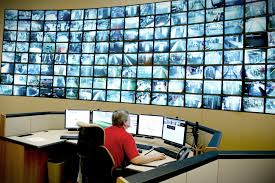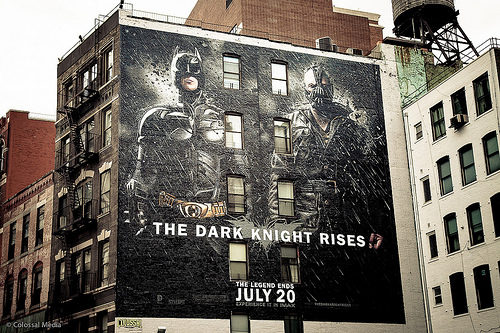
In California last week Barack Obama stressed to voters that in order to help insure safety, it is essential that the government monitors communications, but he assured people that the government is not actually collecting the conversations and emails. “Nobody is listening to your telephone calls,” Obama said.
“It’s important to understand that you can’t have 100 percent security and then have 100 percent privacy and zero inconvenience,” Obama said. “It’s important for everybody to understand, and I think the American people understand, that there are some trade-offs involved.”
In general public opinion seems to be concerned over privacy issues, but what they are really worried about is their safety, and preventing terrorist attacks, according to a Pew Research survey done in 2011.
This poll found that 47 percent of those surveyed are more concerned that government policies “have not gone far enough to adequately protect the country,” while 32 percent said they were worried that the government had gone “too far.”
This is most likely the reason that President Obama is not likely to change government policies, and also why more conservative lawmakers are not complaining too much. As long as Americans think that their own computers and phones are not under surveillance, they will not make much of a fuss.
“The outrage is coming from the people who write, but not the people who vote,” said Democratic pollster Jeffrey Pollock, president of Global Strategy Group. He adds that the kind of surveillance revealed this past week is viewed by most voters as “a necessary evil.”
“People are willing to kind of bite the bullet a little bit if it helps stop terrorist attacks,” said Republican pollster Ed Goeas of the Tarrance Group.
“I wouldn’t want to minimize the concern over privacy at all because it’s definitely there. But at the same time, especially in the wake of Boston and the constant threat people are feeling … protection is foremost,” said Carroll Doherty, associate director of the Pew Research Center for the People and the Press. “In this general tradeoff, when push comes to shove … more people consistently since 9/11 said protecting the country is a greater concern than restricting civil liberties.”


